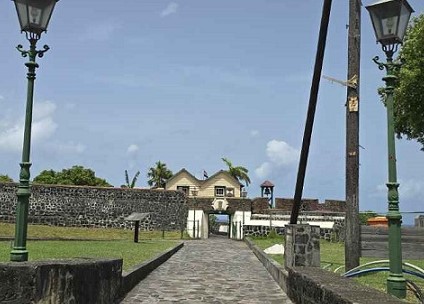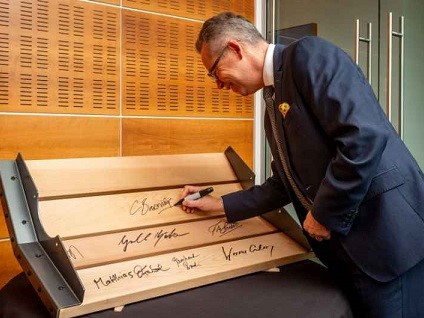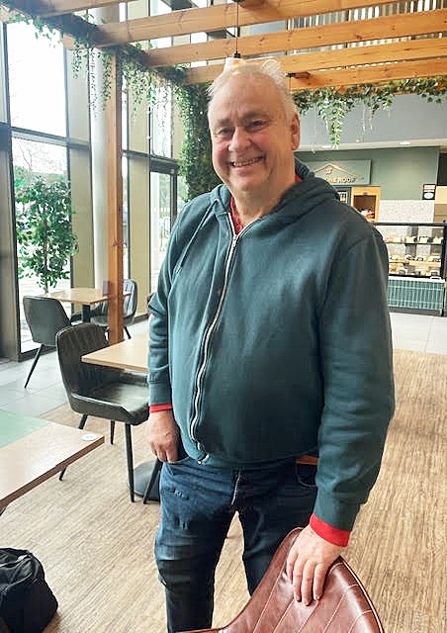As well as showcasing its talent with the matches and helping to develop football at the grassroots level in Singapore, the Premier League sought to help the wider game in Asia with a workshop during the Barclays Asia Trophy 2015. Representatives from the Asian Football Confederation, its member associations and its leagues and clubs were in Singapore to learn about the strategies and programmes in place at the Premier League and the three clubs competing in the Barclays Asia Trophy, Arsenal, Everton and Stoke City.
The areas of communications, sales and marketing, and community development as well joint discussions on furthering the work of One Goal, which works towards better nutrition for children across Asia, were up for discussion. The workshop and networking event was delivered as part of the Mutual Cooperation Agreement the Premier League and the AFC signed in March 2014, when the two organisations agreed to work closely to achieve mutual objectives.
There are representatives from 17 AFC countries: Australia, China, Hong Kong, India, Iran, Japan, Jordan, Kuwait, Lebanon, Malaysia, Myanmar, Qatar, Saudi Arabia, Singapore, Thailand, Uzbekistan and Vietnam. AFC Acting General Secretary Dato' Windsor John expressed his gratitude with the Premier League for organising the event and his organisation’s desire to learn from the League and its clubs.
"The key question for us is how, whilst adapting what we learn to the local context throughout the continent, to use the huge interest in English football and European football to further develop Asian football," he said. "Whilst many of our leagues and clubs are already very advanced in the areas of communications, sales and marketing, and community development, we always strive to improve. We believe there remains untapped potential throughout Asia and with your assistance; we hope to turn that potential into reality."
Charles Allen, head of marketing at Arsenal, presented to the delegates on how to optimise digital communication channels and build fan engagement and explained that the principles they practise at Arsenal are relevant to clubs of all sizes. "We have at Arsenal a templated model to manage the various social media and communication channels to build an engaged fanbase that can apply to the biggest and smallest clubs," Allen said.
Before considering the monetisation of the relationship with fans, clubs should think about engagement as a conversation with hundreds, thousands or hundreds of thousands of people in the first instance. You should consider the different roles the different channels can have. You should not send the same content down all the different channels and you need to hire people who know this world and channels backward. You have to hand it over to them to pass on to the fans."
Allen's presentation was of relevance to Sunando Dar, the chief executive of the I-League, in India. "We are trying different ways to reach out to fans in India and we can only learn and implement a few things from experienced countries such as in England and the Premier League," he said. "One of the key issues is trying to increase our fanbase and we have to compete with cricket.
"But school-going kids in metropolitan cities are fans more of football than cricket, albeit European football, so our next challenge is to convert these to fans of the I-League. So if we can learn something on how they market and promote and reach out to the fans and take that back to India and apply the learnings that will be great."
As well as clubs from the AFC Champions League, those from the Singaporean S.League and the Football Association of Singapore were also in attendance and were able to take something back to apply to their own situations.
"There isn't much of a fundamental difference between what the Premier League clubs are doing and what we are doing in terms of digital media," said Azrulnizam Shah, the chief executive of Home United. "But their level of sophistication is what sets them apart.
"We should spend more time conceptualising than being too preoccupied on operations. We can't beat the Premier League clubs in terms of football but putting other elements in place is how we can compete."
















